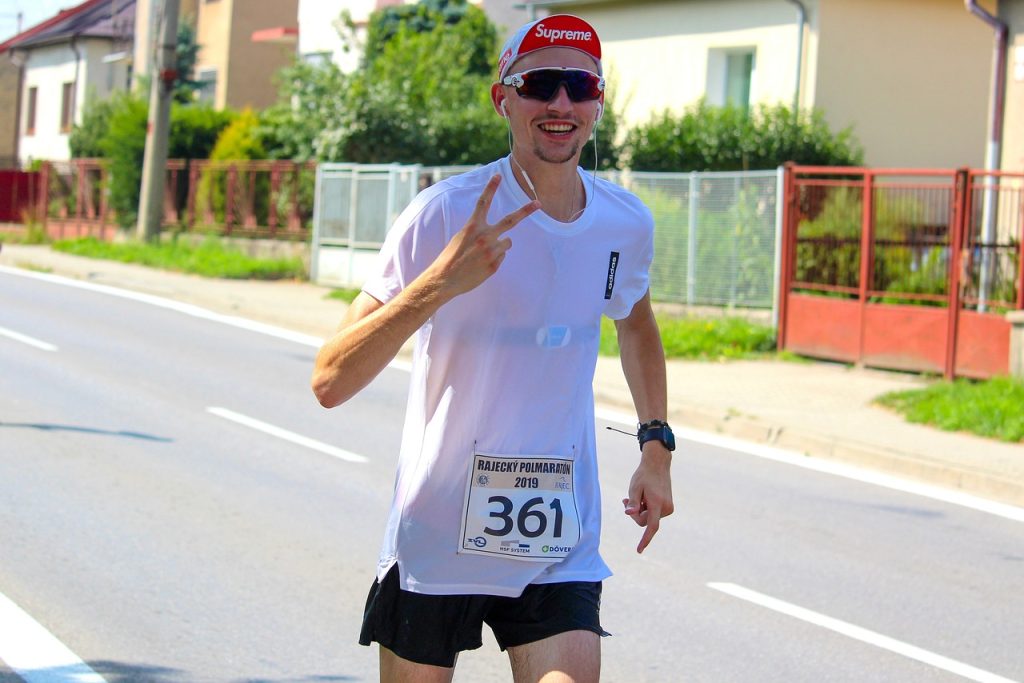How does exercise relieve stress? Life brings inevitable pressures leading to stress, which can negatively impact health and well-being when unmanaged. As a personal trainer and fitness enthusiast, I’m a huge proponent of exercise for both physical and mental health. In this article, I’ll break down what science says about how exercise provides science-backed benefits that counteract the strain of stress, offering a healthy coping mechanism.
Understanding these connections between physical activity and stress response has helped me utilize workouts and movement to find calm. I hope these insights help you leverage exercise to better manage stress as well.
Table of Contents
You may also want to know: The Most Popular Exercises for Getting Fit in 2023
How Exercise Combats Stress
Exercise directly opposes the physiological changes and symptoms triggered by the stress response, making it an effective management tool:
- Stress activates the sympathetic nervous system, elevating heart rate, blood pressure, and muscle tension. Exercise helps regulate these responses and promotes parasympathetic recovery.
- The fight-or-flight reaction releases cortisol and inflammatory cytokines. Exercise stimulates the release of endorphins and other anti-inflammatory agents.
- Stress disrupts sleep cycles and damages sleep quality. The recovery process induced by exercise promotes deeper, more restorative sleep.
- Stress often manifests as anxiety with repetitive worrying thoughts. Exercise serves as a distraction, giving your mind a break from ruminating thoughts by focusing on your body.
- Stress contributes to irritability and impaired concentration. The mood-enhancing and focusing effect of exercise improves thinking clearly under duress.
- Endorphins: Nature’s Stress Busters: Exercise triggers the release of endorphins, often referred to as the “feel-good” hormones. These biochemical wonders interact with receptors in the brain, reducing pain perception and generating a sense of euphoria. This phenomenon, known as the “runner’s high,” is a natural stress reliever that can significantly improve mood and counteract stress-induced anxiety.

Tips for Using Exercise to Relieve Stress
Finding the right exercise regimen to cope with life’s ups and downs requires personal experimentation. Here are some best practices:
- If already stressed, even gentle, low-impact activity can provide mental relief. Try walking, yoga, or leisurely cycling.
- Cardio exercise elevating heart rate and breathing deeply is ideal for releasing endorphins and tension.
- Follow intense training with meditative cooldown movements to ensure your transition to a relaxed state.
- When pressed for time, even 10-15 minutes of brisk walking can provide stress relief. Short intense bursts work too.
- Prolonged exercise mitigates accumulated stress from a taxing week or period. Schedule weekend time for longer workouts.
- Address stress clues like neck/shoulder pain proactively with exercise before reaching a breaking point.
- When recovering from stressful periods, opt for easier, lighter exercise to prevent burnout. Yoga and walking work well.
- Keep exercise gear at home for quick stress relief without leaving.
The Benefits of Regular Exercise for Stress Management
While a single workout brings immediate relaxation, maintaining regular exercise delivers extensive advantages:
- Healthier overall stress response from a well-regulated nervous system and hormone levels
- Lower perceived daily stress with higher baseline fitness and self-efficacy
- Higher quality sleep to handle challenges well-rested
- Resilience-building sense of pride and accomplishment from achieving goals
- Social interaction, community, and support system at gyms or group classes
- Consistent schedule with built-in time for self-care away from responsibilities
- Complementary healthy habits like proper nutrition and meditation
- Greater energy reserves to take on demands and unpredictability
- Healthy distraction focused inward versus preoccupied by intrusive thoughts
Regular exercise equals regular respite. The fitness you build serves as a critical buffer against those inevitable life stressors. I believe exercise is essential medicine for the modern world, inoculating you against burnout. Movement is a powerful yet accessible antidote to daily strains.
I hope these insights help explain why I’m such an exercise advocate for managing stress. Let me know in the comments if you have any other questions!

Related Links:
https://en.wikipedia.org/wiki/Exercise




